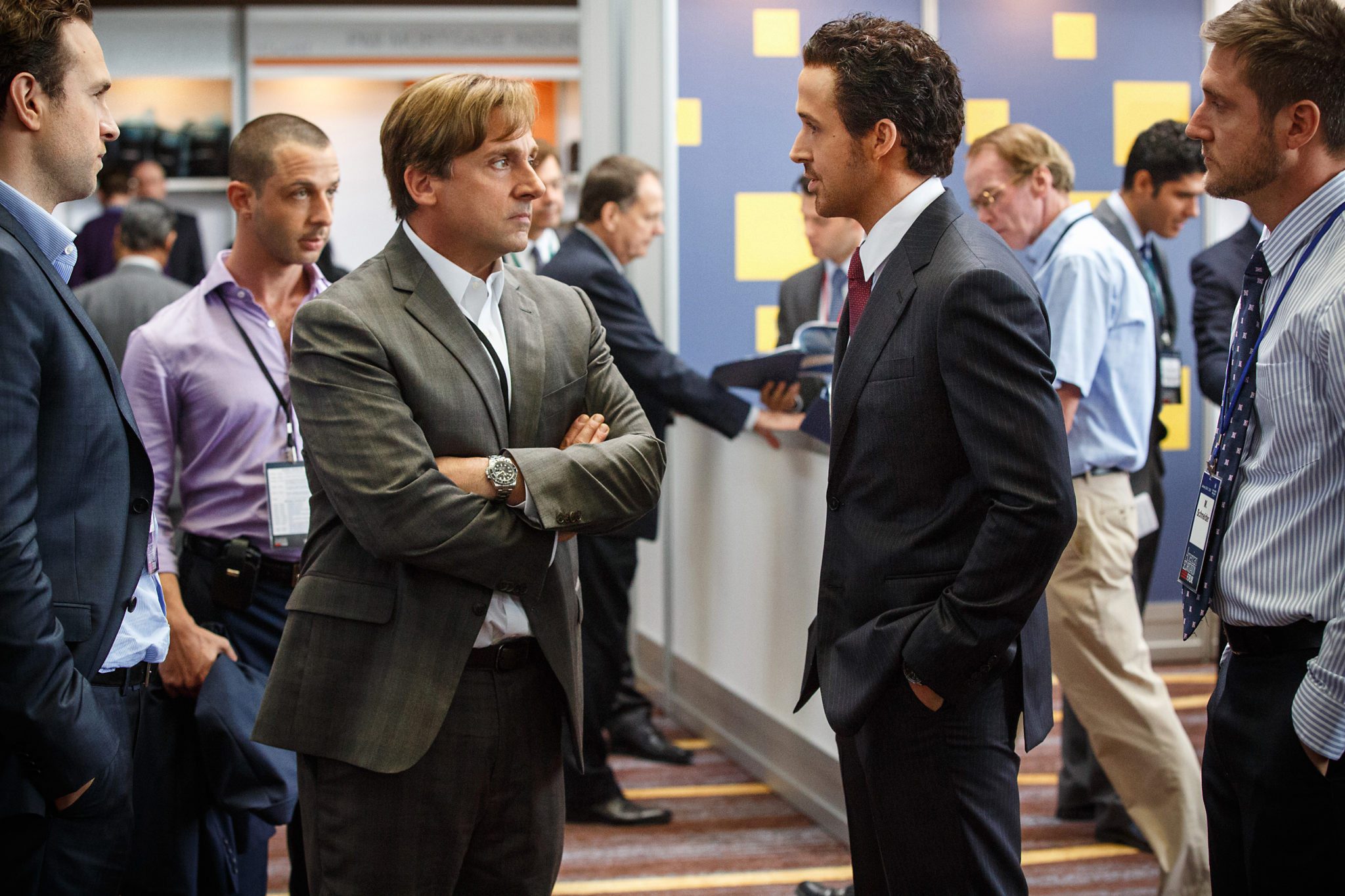
Vice – Humble Servant to Power
John Nance Garner (one of FDR?s Vice Presidents) observed that the Vice Presidency ?is not worth a bucket of warm spit.? But that was different when Dick Cheney became Vice President.

John Nance Garner (one of FDR?s Vice Presidents) observed that the Vice Presidency ?is not worth a bucket of warm spit.? But that was different when Dick Cheney became Vice President.

The Big Short is set in 2008 and tells the true story of Michael Burry (Christian Bale), a Wall St. guru who foresaw the downfall of the US economy due to sub-prime mortgage fallout. As a result of his discovery, he places over a billion dollars of investors money against the economy, drawing the attention…

Perhaps your eyes glaze over when someone tries to explain the economics that lead to the housing bubble and Great Recession. It is indeed complicated, but The Big Short is an interesting way to try to understand it. It also is a great blend of comedy and pathos as we watch how it all developed and unfolded